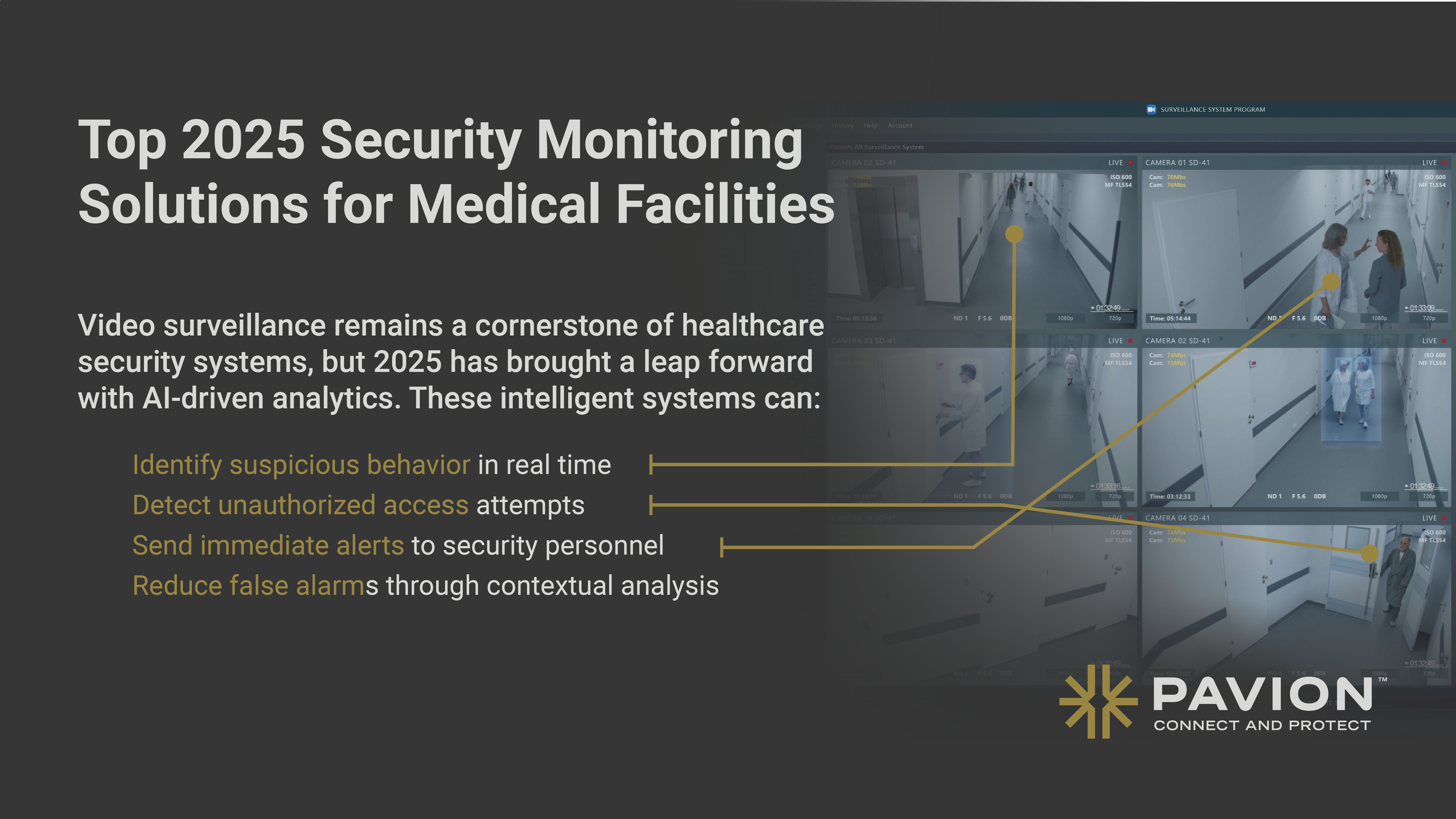
AI-Powered Customer Analytics in Retail Industry Decision Making
In the fast-paced world of retail, making informed decisions is crucial for success. New technology gives businesses a powerful tool which revolutionizes their decision-making: AI-powered customer analytics. Retail businesses can use AI to understand customer behavior, preferences, and trends. Customer analytics in the retail industry lets them make data-driven decisions that drive growth and profitability.
Understanding AI-Powered Customer Analytics
Before we explore how AI changes retail decisions, we need to understand what AI is. Artificial intelligence is the simulation of human intelligence in machines. They are programmed to think and learn like humans.
AI looks at large amounts of data to find patterns, make predictions, and give insights. Humans would struggle to do this on their own. Many AI systems also have the ability to constantly learn and evolve from activities that it captures.
AI-powered customer analytics uses AI algorithms and techniques to analyze customer data to better understand customer behavior, preferences, and sentiment. This rich understanding of customers lets retailers tailor their strategies to improve:
- customer satisfaction
- loyalty
- sales
A benefit of AI-powered customer analytics is that it shows a comprehensive view of customer behavior. You can see this at different touchpoints. AI customer analytics includes online platforms, brick-and-mortar stores, and social media.
By tracking customer interactions across different channels, retailers learn how customers engage with their brand. They can see what influences purchasing decisions, and how they prefer to interact with the company.
For example, AI can study customer data to spot patterns in how people browse online. It can track which pages they visit, which products they look at, and how long they stay on each page. Businesses can use AI-driven customer insights to personalize the online shopping experience, by:
- recommending relevant products
- offering personalized discounts
- providing tailored content
The Basics of AI in Retail
In the context of retail, AI can be applied in various ways. One common application use of AI is customer segmentation. AI studies customer data to find different groups based on age, shopping habits, and preferences. This segmentation is invaluable in tailoring marketing campaigns and product offerings to specific customer segments, maximizing their relevance and impact.
For instance, AI customer analytics can find customers who may want certain types of products or who shop in similar ways. Businesses can use this information to make marketing campaigns that speak directly to each group. This increases sales and keeps customers happy.
AI customer analytics can track how many people were in a location at a specific day and time. It can compare this to weather and other factors. Then, it can suggest to other departments, such as marketing and HR about campaigns to run or how many staff they need.
Retailers can use AI for demand forecasting, allowing retailers to predict future customer demand with greater accuracy. AI predictive analytics for retail looks at past sales, market trends, and things like the weather. It uses this to make accurate forecasts. This helps retailers keep the right amount of stock and avoid running out or having too much.
Furthermore, AI-powered customer analytics can help retailers optimize pricing strategies. By analyzing customer data and market trends, AI algorithms can identify price sensitivity, demand elasticity, and competitive positioning. This enables retailers to set optimal prices that maximize revenue and profitability while remaining competitive in the market.
How AI Transforms Customer Analytics
Traditionally, customer analytics in the retail industry relied heavily on manual data analysis. This was time-consuming and prone to human error. AI-powered customer analytics streamlines and automates this process.
It accelerates decision-making and reduces the risk of errors. By leveraging AI algorithms, retailers can analyze massive datasets in real-time, uncover hidden insights, and generate actionable recommendations.
AI-powered customer analytics also enables retailers to analyze unstructured data, such as customer reviews, social media posts, and customer service interactions. AI uses natural language processing and sentiment analysis to study unstructured data like reviews or social posts. This gives retailers a full picture of how customers feel and what they say.
AI-powered analytics allows retailers to track customer behavior across online platforms, brick-and-mortar stores, and social media. This omnichannel view of customer behavior provides retailers with a comprehensive understanding of customer interactions. It lets them deliver a seamless and personalized shopping experience.
For example, AI algorithms can analyze customer data to identify patterns in customer behavior across different channels. Retailers can use this information to create personalized marketing messages to each customer’s preferred communication channel. Retailers can send messages by email, social media ads, or website suggestions. This keeps the content relevant and interesting for each customer.
In conclusion, AI-powered customer analytics is revolutionizing the retail industry by providing retailers with a deeper understanding of customer behavior, preferences, and sentiment. By leveraging AI algorithms, retailers can analyze vast amounts of data, automate decision-making processes, and deliver personalized shopping experiences. AI-powered customer analytics helps retailers stay ahead of competitors. It also increases customer satisfaction, loyalty, and profits.
The Role of AI in Retail Decision Making
AI has an influential role to play in driving decision-making processes in the retail industry. Let’s look at two key ways AI helps: improving customer experience and predicting inventory needs.
Enhancing Customer Experience with AI
Personalization is a key expectation for modern customers, and AI enables retailers to deliver highly personalized experiences at scale. By analyzing customer data, AI-powered systems can understand individual preferences, purchase history, and browsing behavior. This data allows retailers to tailor product recommendations, promotions, and personalized offers, enhancing customer satisfaction and loyalty. You’ve likely seen this when you add something to your online cart and the site suggests related products.
Customer experience with AI can help retailers understand customer sentiment and emotions. AI analyzes social media posts, reviews, and feedback, to gauge how customers feel about certain products or services. Retailer can use this valuable insight to improve products, address customer concerns, and create a more positive shopping experience.
AI-powered chatbots and virtual assistants are also transforming customer experiences. These intelligent systems can answer customer queries, provide recommendations, and even process transactions, all while mirroring human-like interactions. This not only frees up staff resources but also ensures round-the-clock customer support, enhancing customer satisfaction.
Furthermore, AI-powered chatbots can learn from customer interactions, continuously improving their responses and understanding of customer needs.
Predictive Analytics for Inventory Management
Accurate demand forecasting is critical for effective inventory management. With AI-powered predictive analytics, retailers can leverage historical data, market trends, and external factors to generate accurate forecasts. AI predictive analytics for retail enables retailers to optimize their inventory levels. It reduces inventory holding costs, so businesses have products available when customers need them.
AI algorithms can analyze vast amounts of data in real-time, identifying patterns and trends that humans may overlook. By considering factors such as seasonality, weather conditions, and economic indicators, AI can provide retailers with valuable insights into future demand. This allows retailers to make informed decisions about inventory replenishment, pricing strategies, and promotional activities.
Furthermore, AI can help retailers identify potential supply chain disruptions and mitigate risks. By analyzing data from suppliers, transportation networks, and market conditions, AI algorithms can identify potential bottlenecks or delays. Retailers can then take proactive measures to ensure a smooth supply chain, minimizing disruptions and improving customer satisfaction.
In conclusion, AI is revolutionizing the retail industry by enhancing customer experiences and improving inventory management. By leveraging AI-powered systems, retailers can deliver personalized experiences, provide round-the-clock customer support, and optimize their inventory levels. As AI advances, it will play a larger role in retail decisions. It will drive innovation and improving operational efficiency.
Benefits of AI-Powered Customer Analytics in Retail
Personalized Marketing and Sales Strategies
AI-powered customer analytics enables retailers to precisely segment their customer base and tailor marketing and sales strategies accordingly. By understanding customer preferences, retailers can create targeted marketing campaigns, deliver personalized offers, and present relevant product recommendations. This personalization drives customer engagement and increases the effectiveness of marketing efforts.
Improved Customer Retention and Loyalty
Customer retention is a critical aspect of sustainable business growth, and AI-powered customer analytics helps retailers achieve it. By analyzing customer data, businesses can identify patterns related to customer churn and take proactive measures to retain customers. AI can spot early signs that a customer is unhappy. It can then trigger actions like special offers, custom messages, or quick support to satisfy customers and maintain loyalty
Implementing AI-Powered Analytics in Your Retail Business
The potential benefits of intelligent systems in retail are vast. However, implementing AI in a retail business requires careful consideration. Here are some key considerations to keep in mind:
Key Considerations for AI Integration
Investing in AI requires a strategic approach. It is important to establish a clear vision for how AI will support and enhance existing business processes. Additionally, selecting the right AI tools and technologies that align with the company’s goals and resources is crucial.
Another consideration is data quality and security. AI relies heavily on data, and ensuring the availability and integrity of data is essential. Retailers must have robust data management systems in place, ensuring data privacy and protection.
Measuring the Success of Your AI Strategy
Tracking the success of AI initiatives is vital. Metrics such as customer satisfaction, customer retention, revenue growth, and operational efficiency can provide insights into the effectiveness of AI-powered customer analytics. Regularly reviewing and analyzing these metrics allows retailers to fine-tune their strategies and maximize the benefits of AI.
The Future of AI in Retail Decision Making
The future of AI in retail decision making is both exciting and promising. Let’s take a glimpse into some emerging trends with Ai and customer behavior analytics for retail:
Emerging Trends in AI and Retail
Real-time analytics and AI-powered recommendation engines will continue to evolve, enabling retailers to deliver relevant and personalized experiences to customers. Additionally, AI-powered visual recognition technologies can enable retailers to provide seamless and contactless shopping experiences, including self-checkout and item recognition.
Preparing for the AI-Driven Retail Landscape
As AI changes retail, businesses must prioritize building a culture that embraces AI adoption and innovation. Retailers must invest in infrastructure, talent, and processes to fully leverage the AI-powered customer analytics to stay ahead.
Transform Your Retail Strategy with Pavion
Embrace the future of retail with Pavion’s cutting-edge AI-powered analytics and integration solutions. Connect with us to protect and enhance your customer experience through technology that drives decision-making and growth. Get a Free System Assessment today. Discover how our tailored fire, security, and integration solutions can help your retail business stay ahead.


